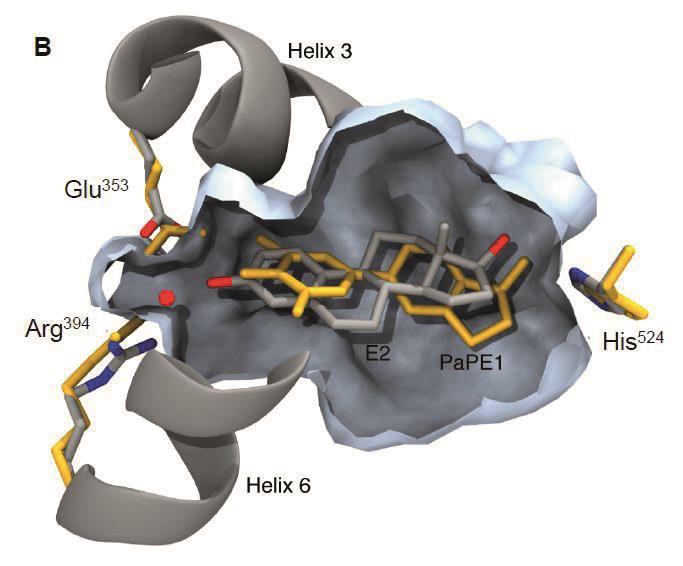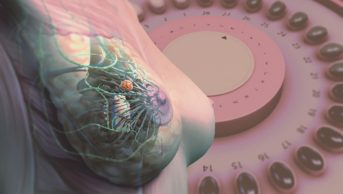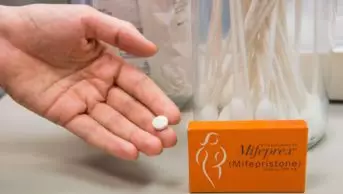
Z. Madak-Erdogan et al. / Science Signaling (2016)
Women who take modified oestrogen could have the benefits of hormone replacement therapy (HRT) without the potential for an increased risk of breast and uterine cancer, according to the results of a study published in Science Signaling
[1]
(online, 24 May 2016).
Researchers from the University of Illinois created modified versions of oestrogen and tested them in mice. After inducing menopause in the mice, they found that the modified oestrogen reduced weight gain and enhanced blood vessel repair. They did not stimulate reproductive tissues or breast cancer cells.
Acccording to the researchers, the framework used to design these molecules might help future development of new modified oestrogens that have “promise as clinically useful pharmaceuticals for oestrogen replacement therapy to improve the metabolic and vascular health of postmenopausal women without risk to the breast or uterus”.
Nuttan Tanna, consultant pharmacist for women’s health and older people at Northwick Park menopause clinical and research unit, London North West Healthcare NHS Trust, says that the research “is both fascinating and exciting when you consider future potential for safeguarding for health outcomes”.
According to the researchers, oestrogen stimulates breast and uterine tissue via a distinct pathway compared with its effects on the rest of the body. In uterine and breast cells, oestrogen alters the genes that are switched on and off in the cell nucleus. To do this, the researchers add that the oestrogen must bind to the oestrogen receptor for a considerable length of time.
Its effects on other tissues are mediated through cell signalling pathways that do not depend on changes in gene expression. They explain that these pathways only require oestrogen to be bound to the oestrogen receptor for a short time to be activated.
Four oestrogen molecules with modified chemical structures were designed to bind for only a short period of time to oestrogen receptors. This strategy did not stimulate reproductive tissue and breast cancer cells but did have favourable effects on the liver, blood vessels, fat storage and bone density in a mouse model. The result was a tissue-selective modified oestrogen that the researchers believe could provide the benefits of HRT without some of the risks.
“If the tissue selective action of the pathway preferential oestrogens, with positive outcomes for vascular and metabolic parameters, are proven and essentially found to be true in humans, then this work will have great impact on future long-term strategies to support good mid-life women’s health,” says Tanna. However, she adds that more research is needed.
During the menopause, women can experience symptoms such as hot flushes, low mood and vaginal dryness. It can also increase the risk of long-term conditions, such as osteoporosis and cardiovascular disease, as well as cause weight gain. HRT can mitigate some of these effects, but its use has decreased in the past decade because of concerns over an increased risk of cancer and cardiovascular disease.
However, recent research found that when women begin HRT within six years of the menopause, the risk of cardiovascular disease is decreased. Other research has found that HRT only seems to increase the risk of cardiovascular disease when women begin HRT aged 60 years or over.
In November 2015, the National Institute for Health and Care Excellence, a health technology assessment body that provides guidance on which drugs should be used on the NHS in England, urged doctors to be more open to discussing the use of HRT with their patients as a way to ease the symptoms of menopause.
References
[1] Madak-Erdogan Z, Kim SH, Gong P et al. Design of pathway preferential estrogens that provide beneficial metabolic and vascular effects without stimulating reproductive tissues. Science Signaling 2016. doi: 10.1126/scisignal.aad8170


